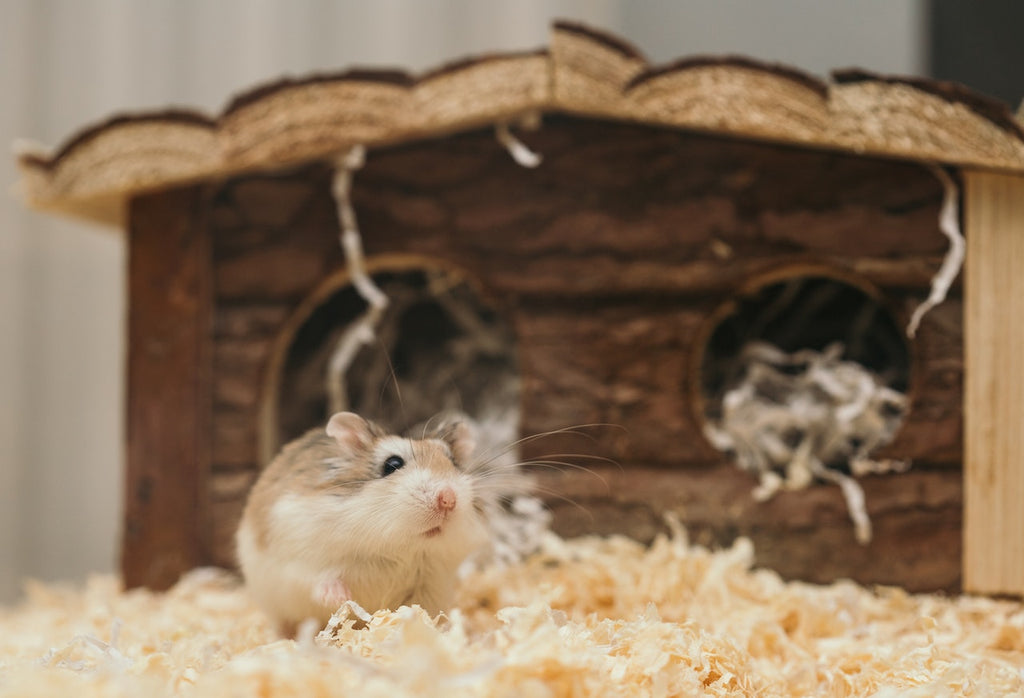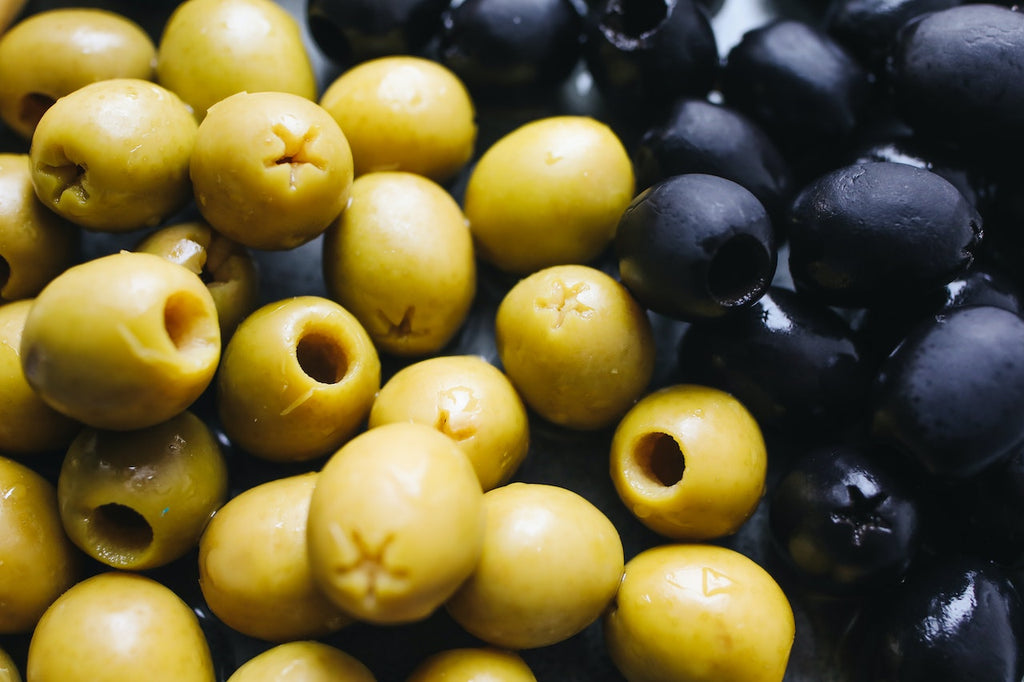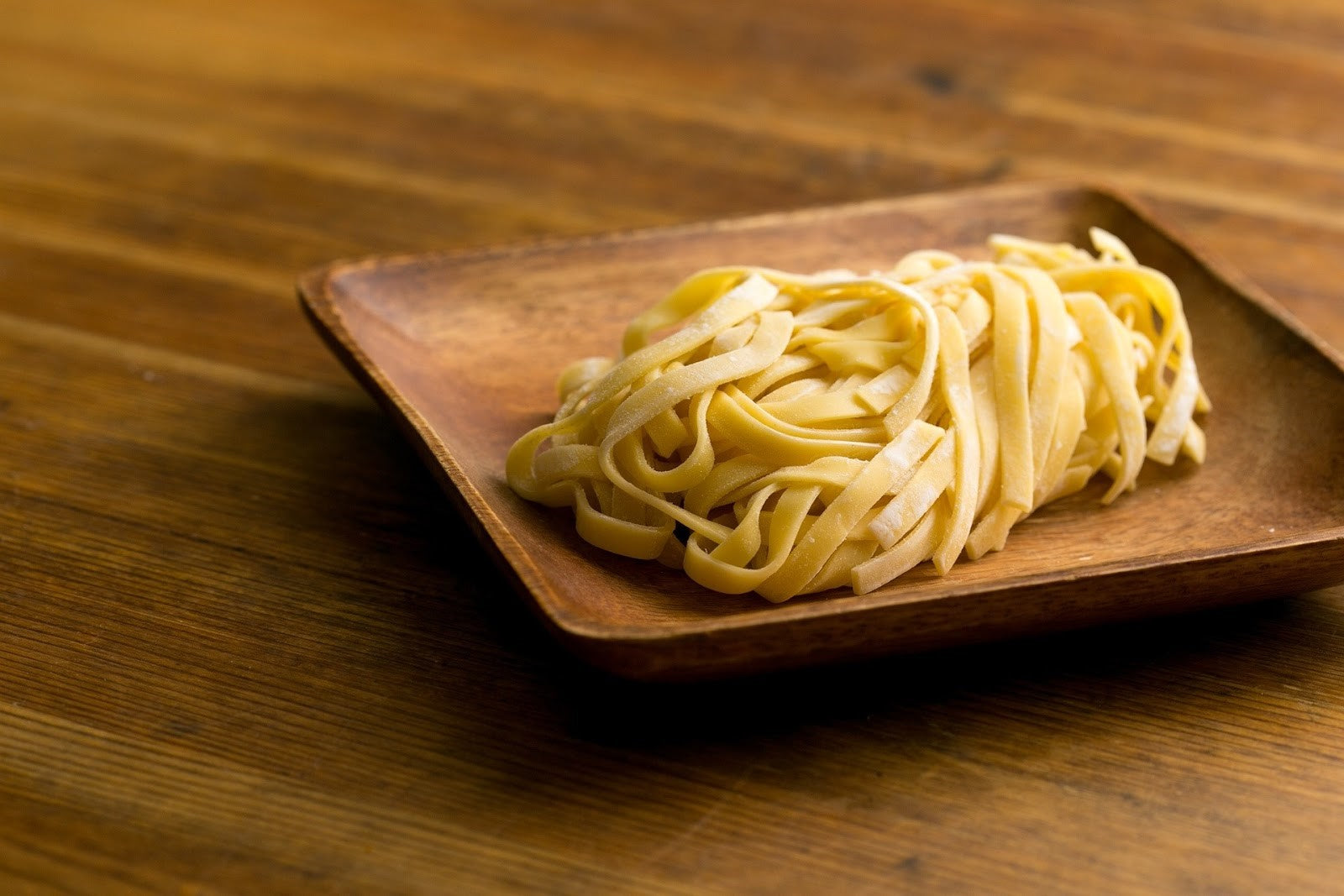
Can Hamsters Eat Olives? Are they a Potential Treat for Hamsters?
When it comes to offering treats to hamsters, their very unique diet requires careful consideration to ensure they gain the most out of it without encountering many problems. Olives, a popular ingredient in various cuisines, are small nutrient rich fruits belonging to the family of drupes and they grow on olive trees. In this article, we'll delve into whether hamsters can safely eat olives, the potential benefits and risks, and how to incorporate olives into a hamster's diet.
Can Hamsters Eat Olives?
Yes, hamsters can eat olives, but keeping it moderate and undertaking other certain precautions are necessary to ensure their well-being is not compromised. These olives contain healthy fats and minerals that your little pet can benefit from.
However, you can consult with a veterinarian or an animal nutritionist if you're uncertain about the suitability of olives or any other treat for your hamster.

Can Syrian Hamsters Eat Olives?
Yes, they can. In moderate quantities, Syrian hamsters which are built with stronger digestive systems as compared to smaller hamster species, can consume olives safely. The nutrient content of olives can offer some benefits to your pet's overall diet as long as one adheres to the guidelines necessary for feeding them this stone fruit.
Can Roborovski Hamsters Eat Olives?
Yes, Roborovski hamsters can also enjoy olives as an occasional treat. As with all treats, moderation is key to prevent potential health issues and ensure a balanced diet.
Can Dwarf Hamsters Eat Olives?
Yes, they can. However, due to their small size and sensitivity, dwarf hamsters such as the Campbells should be offered olives with caution. Their delicate digestive systems may react differently to new foods. It's recommended to offer very small portions of olives and monitor their response closely.
Can Hamsters Eat Olive Oil?
No, it is not recommended for hamsters to eat or consume olive oil. While olives themselves can be offered in moderation, olive oil should be avoided in a hamster's diet. This is because olive oil is calorie-dense and lacks the necessary fiber and nutrients that whole olives provide. Additionally, the high fat content in olive oil can lead to weight gain and other health problems in hamsters.
Nutritional Value of Olives to Hamsters
When it comes to the nutritional value of olives, you can be rest assured that they are a source of various important nutrients that can offer some benefits to your hamster friend. Such nutrients include;
Healthy Fats
Olives contain monounsaturated fats in adequate amounts with the most notable being oleic acid. These healthy fats alone make up the 11-15% content in olives with oleic acid taking up more than 50%. The oleic acid in olives can be beneficial to hamsters as they are linked to several ailment treatments including heart diseases.
Vitamins and Minerals
Olives contain important nutrients like vitamins and minerals. They contain vitamins such as E and A, as well as minerals like iron and copper. These two nutrient components contribute to a hamster's overall health.
Antioxidants
Olives are also known to contain antioxidants. Antioxidants are chemical compounds that help to protect cells from oxidative damage caused by free radicals. This property alone is a plus to have in your hamster's diet.
The benefits olives can offer your hamster is surplus. From providing a good source of energy for hamsters especially during times of increased activity to providing variety and enrichment in their diet. The vitamins contribute to their eye and skin health while the antioxidants contribute to their immune health.
How to Offer Olives to Hamsters
When introducing olives to a hamster's diet, it's important to follow these guidelines to ensure they consume this treat safely:
Remove the Pit
Always remove the pit from the olive before offering it to a hamster. The pit can pose a choking hazard to your pet and should be avoided.
Portion Size
Only offer olives in small, bite-sized pieces and observe how they react to it. A small slice or portion is sufficient as a treat. Never overdo it and feed them more.
Frequency
While we have established the portion size per serving, olives should be given as an occasional treat rather than a regular part of a hamster's diet. The most suitable frequency for feeding your hamster olives is once or twice a week. More than this could possibly affect their health.
Risks and Considerations Involved in Feeding Hamsters Olives
If you are planning to feed your hamster olives, there are certain considerations that you must keep in mind. This is to keep any potential risk in check, prioritizing your hamster's health. These considerations may include;
The High Salt Content of Olives
Many commercially available olives are preserved in brine, which can contain high levels of salt. Excessive salt intake can be harmful to hamsters so only choose olives with low or no added salt.
Caloric Content
Feeding your hamster large quantities of olives could bear a number of consequences. Olives being calorie-dense can easily impact your hamster's weight negatively which could in turn affect their health as well. So offering them in moderation is important to prevent weight gain and ensure your pet fully reaps its benefits.
Potential Digestive Upset
Some hamsters may have sensitive digestive systems that could react negatively to new foods, including olives. Monitor your hamster's reaction and discontinue if any digestive issues arise.
Conclusion
In general, olives can be offered to hamsters as an occasional treat, provided they are prepared properly and offered in moderation. Removing pits and choosing olives with minimal salt content are essential steps to ensure your hamster's safety. While olives offer certain nutritional benefits, it's important to prioritize a balanced and appropriate diet that aligns with a hamster's specific dietary needs.
As a responsible pet owner, consult with a veterinarian or an animal nutritionist if you're uncertain about the suitability of olives or any other treat for your hamster. By making informed decisions about your hamster's diet, you can contribute to their overall health, happiness, and well-being.


